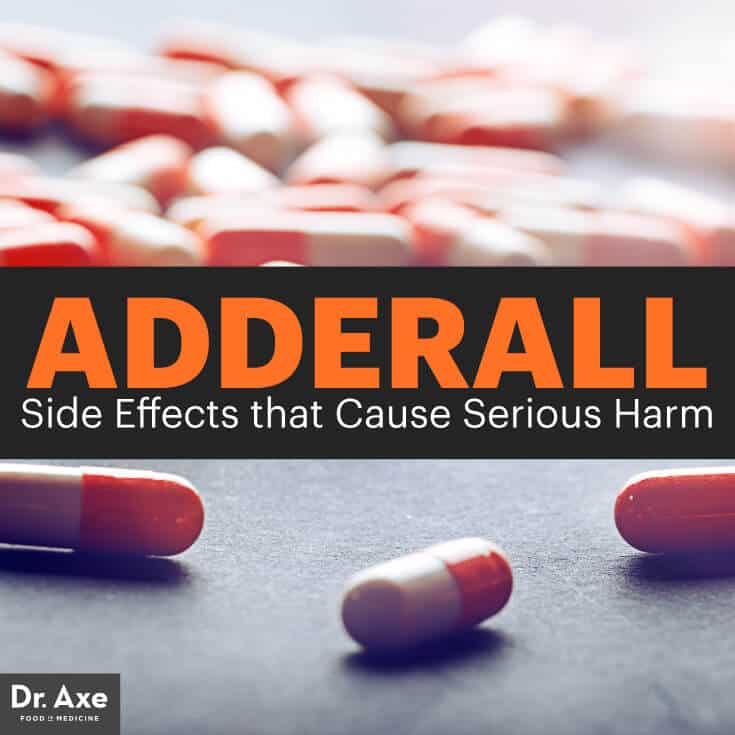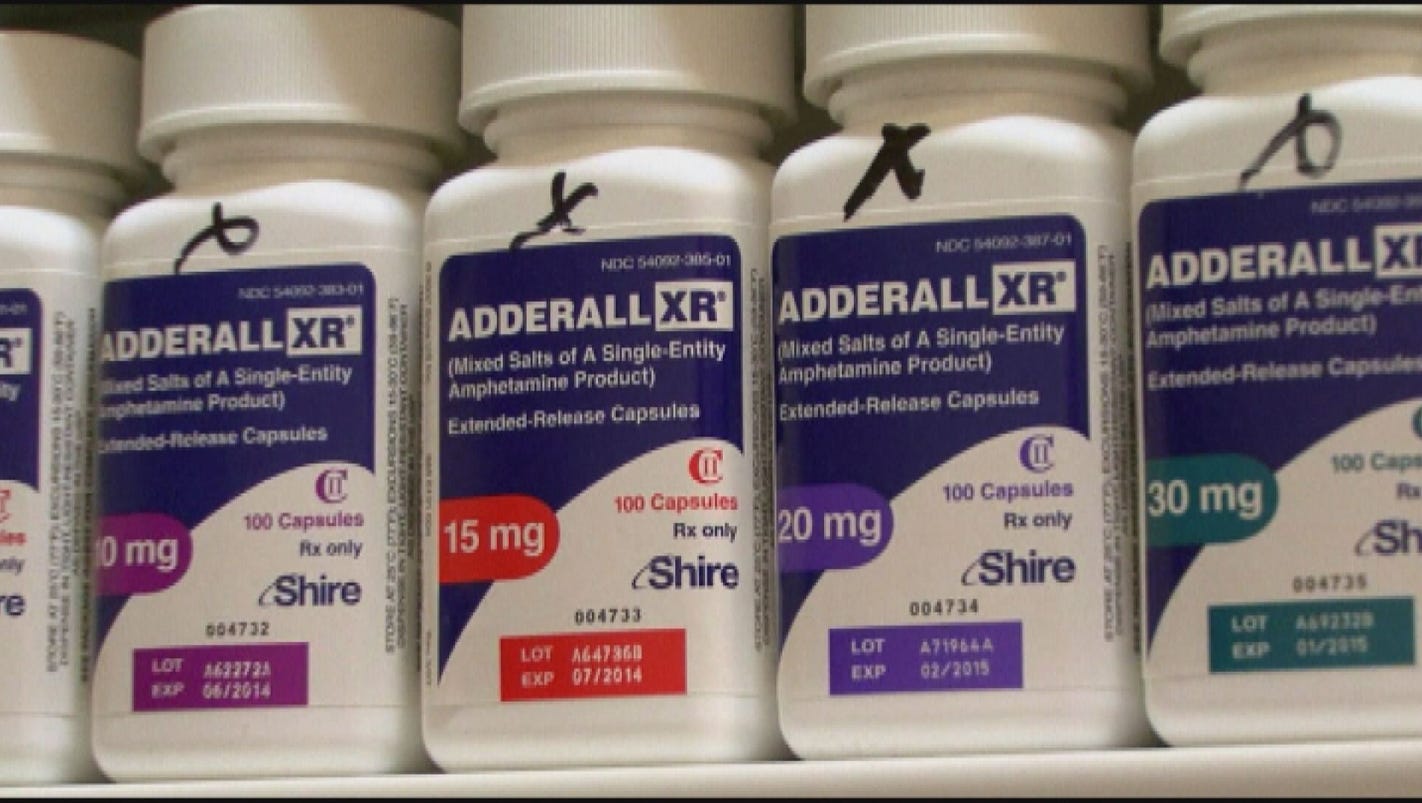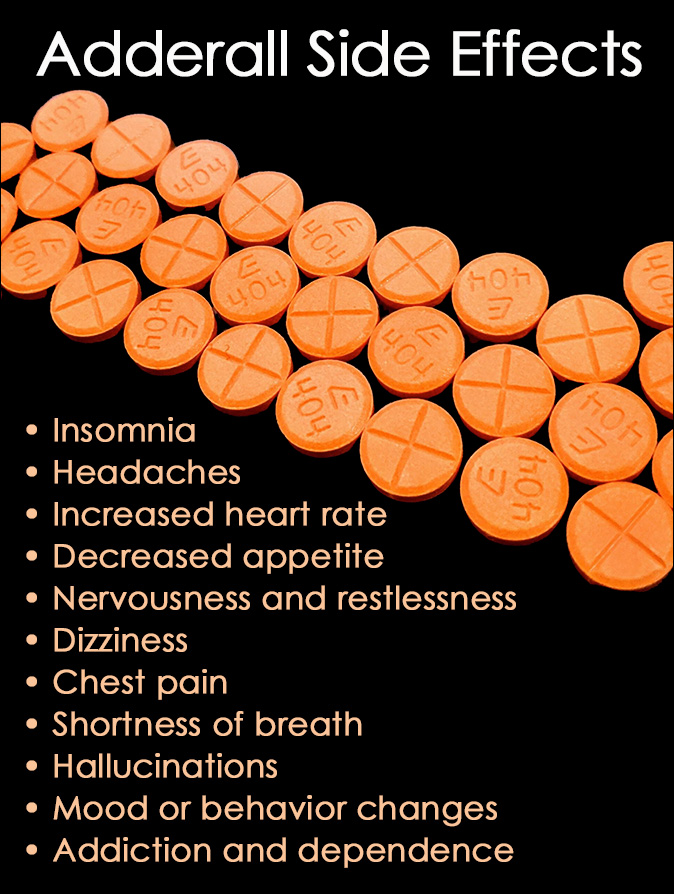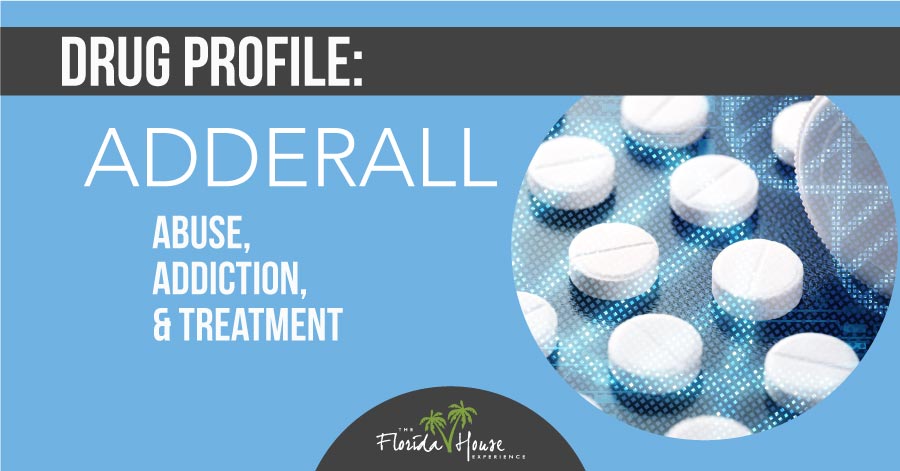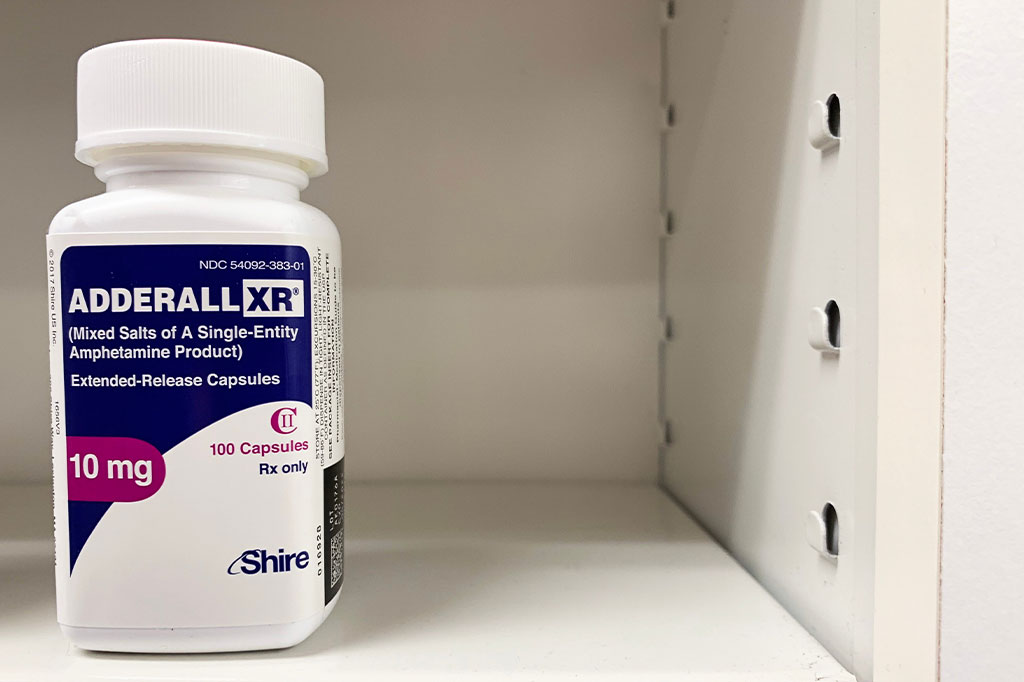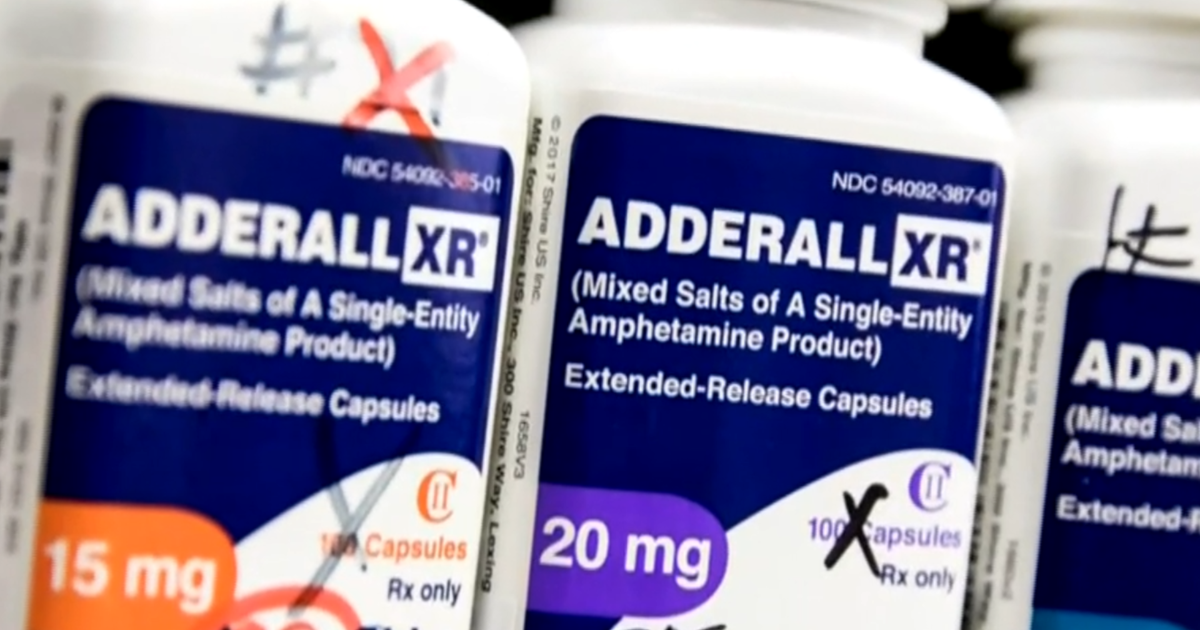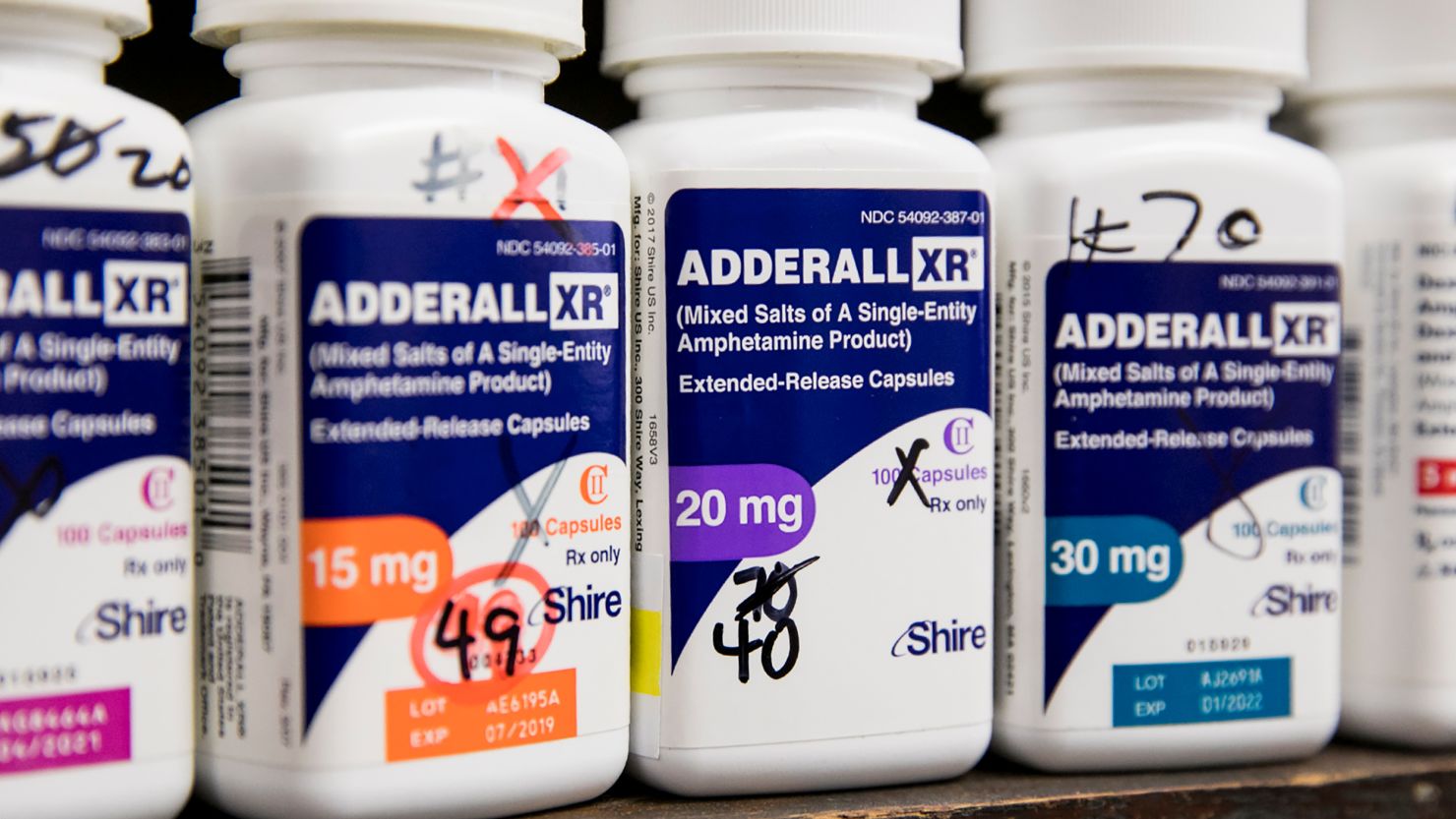Drugs Similar To Adderall Over The Counter

The pressure to perform, to excel, to maintain razor-sharp focus in a world demanding ever-increasing productivity, has fueled a growing interest in cognitive enhancers. But as access to prescription stimulants like Adderall remains tightly controlled due to potential for abuse and side effects, a burgeoning market for over-the-counter (OTC) alternatives is emerging, promising similar benefits without a doctor's note.
This raises a critical question: are these readily available supplements safe and effective, or are they simply clever marketing preying on the anxieties of a generation seeking a cognitive edge? The answer is complex, demanding careful scrutiny of ingredients, scientific evidence, and potential risks.
The Rise of OTC Cognitive Enhancers
The so-called "natural Adderall" market is booming. Driven by social media endorsements, and fueled by the accessibility of online retailers, these products promise enhanced focus, improved memory, and increased energy levels, all without the need for a prescription.
However, the reality is far more nuanced. The term "natural Adderall" itself is misleading, as these supplements often contain a blend of ingredients, each with varying degrees of scientific backing and potential side effects.
Common Ingredients and Their Claims
Many OTC cognitive enhancers rely on a combination of herbal extracts, vitamins, and amino acids. Caffeine is a ubiquitous ingredient, known for its stimulant properties and ability to temporarily improve alertness and focus.
L-Theanine, an amino acid found in tea, is often paired with caffeine, purportedly to reduce jitters and anxiety while enhancing focus.
Bacopa Monnieri, an Ayurvedic herb, is promoted for its cognitive-enhancing and memory-boosting properties. Some studies suggest potential benefits, but more research is needed to confirm its effectiveness.
Ginkgo Biloba, another popular herbal supplement, is marketed for its ability to improve blood flow to the brain and enhance cognitive function. However, the scientific evidence supporting these claims is mixed.
Other common ingredients include phosphatidylserine, DMAE, and various B vitamins, each with its own set of purported benefits and limited scientific support. The effectiveness of these ingredients, individually or in combination, remains a subject of ongoing research and debate.
The Scientific Evidence: A Mixed Bag
One of the biggest challenges in evaluating OTC cognitive enhancers is the lack of rigorous scientific studies. Many products are marketed based on preliminary research or anecdotal evidence, rather than large-scale, placebo-controlled trials.
Furthermore, the supplement industry is not as strictly regulated as the pharmaceutical industry. This means that the potency and purity of ingredients can vary widely from product to product, making it difficult to assess their true efficacy and safety.
According to the FDA, supplements are not intended to treat, diagnose, prevent, or cure diseases. Any product making such claims is considered a drug and is subject to stricter regulations.
Potential Risks and Side Effects
While OTC cognitive enhancers may seem like a harmless alternative to prescription stimulants, they are not without potential risks. The lack of regulation and inconsistent quality control can lead to products containing undisclosed ingredients or contaminants.
Side effects can range from mild, such as headaches, nausea, and insomnia, to more serious, such as anxiety, heart palpitations, and increased blood pressure. Individuals with pre-existing medical conditions or those taking other medications should consult with a healthcare professional before using any OTC cognitive enhancer.
The long-term effects of many of these supplements are also largely unknown, raising concerns about potential health consequences with prolonged use.
The Ethical Considerations
The pursuit of cognitive enhancement raises ethical questions about fairness and equity. If readily available supplements can provide a cognitive advantage, does this create an uneven playing field for those who cannot afford or access them?
Furthermore, the pressure to perform and achieve can lead to unhealthy reliance on cognitive enhancers, potentially masking underlying issues such as stress, anxiety, or sleep deprivation.
It's important to consider whether these supplements are truly enhancing cognitive function or simply providing a temporary boost at the expense of long-term well-being.
"The allure of a quick fix is understandable, but it's crucial to approach OTC cognitive enhancers with caution," says Dr. Emily Carter, a neuroscientist specializing in cognitive performance. "Focus on establishing healthy habits like adequate sleep, a balanced diet, and regular exercise, which have proven cognitive benefits."
The Future of Cognitive Enhancement
As research into cognitive enhancement continues, it is likely that more effective and safer options will emerge. However, it is crucial to prioritize evidence-based approaches and to regulate the supplement industry more effectively.
Consumers should be wary of exaggerated claims and should always consult with a healthcare professional before using any OTC cognitive enhancer. A healthy lifestyle, combined with a balanced approach to cognitive enhancement, is the key to unlocking one's full potential.
The ongoing debate surrounding OTC cognitive enhancers highlights the complex interplay between scientific innovation, consumer demand, and ethical considerations. Finding a sustainable and equitable path forward requires careful consideration of all these factors.



